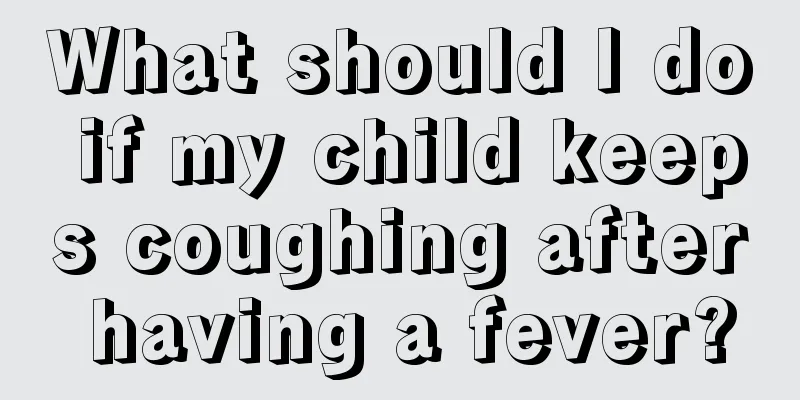Two and a half year old baby suddenly stutters

|
Stuttering is a common language disorder in young children. Its main clinical manifestations are poor fluency in speech, sometimes repetition of previous words, or pauses in the middle of sentences or phrases. Research shows that children around 3 years old are most likely to stutter. Although they know a lot of things at this age, they have a relatively small vocabulary. So when they want to express their ideas urgently, they are prone to stuttering.
Babies around two years old can just speak in sentences, so it is normal for them to have some language problems during this period. Two and a half years old is the best time for babies to learn to speak. Their vocabulary is increasing day by day, and they also use language to express their ideas and requests. However, sometimes because they are eager to express themselves and their language development is immature, their expression ability cannot keep up with the development of their thinking ability, which leads to stuttering. In addition, babies at this stage have a particularly strong ability to imitate. It is possible that the baby around him has a stutter, so the child is imitating. Don't worry too much. Parents need to be reminded that the child's language development period will pass after a period of time, and the child will speak more and more fluently. If the child's stuttering persists for more than half a year, parents should be vigilant. Stuttering may be caused by abnormalities in the left brain, resulting in a disconnection between the areas of the cerebral cortex related to speech ability. It may also be related to brain infections, head injuries, and infectious diseases such as whooping cough, measles, influenza, and scarlet fever in children. If you are worried, you can take your child to the child psychology counseling department or pediatrics department. The doctor can only clearly understand the child's condition after a detailed physical examination and related auxiliary examinations, and guide symptomatic treatment based on the examination results.
1. Parents should create a pleasant and stable environment for children who stutter, eliminate their mental burden, and reduce their stuttering. When children stutter, parents should not imitate or laugh at them, should not draw too much attention to their speech defects, and should not show impatience or rudely interrupt their children's speech. 2. Parents should give more comfort and encouragement, pretend that nothing happened, guide their children to slow down and lower their volume when speaking, and speak calmly, so as to guide their children to build up self-confidence in overcoming stuttering. 3. When interacting with your baby, encourage him or her to think before speaking. If the baby says something wrong, don't correct him too much to avoid the psychological suggestion brought by reinforcement. 4. Providing opportunities for parent-child reading, reciting nursery rhymes and ancient poems can improve the baby's stuttering condition. Adults must speak clearly when communicating with children. Try to speak with clear pronunciation. |
<<: Two and a half year old baby vomits after eating
>>: Two-year-old baby ate a dime
Recommend
What to do if the baby is always hungry?
What should I do if my baby is always hungry? Whe...
Injections to boost lung function in premature infants
For premature babies, the respiratory system is n...
Is it good for the baby to have a black belly button?
The umbilical cord of a baby is not very healthy ...
What to do if your child is allergic to medicine and it itches
Children's physical health is very important,...
What should I do if a boy's hair is falling out?
The problem of hair loss in boys may be caused by...
What is the appropriate temperature for a newborn baby to take a bath?
When bathing your baby, you must pay attention to...
What medicine is used for children's athlete's foot
Generally speaking, many people mistakenly believ...
What should I do if my baby has a cough, phlegm and a sore throat?
When a child has a cough, it is sometimes caused ...
C-reactive protein is high after taking anti-inflammatory drugs
The purpose of using anti-inflammatory drugs is t...
Why does my child cry before going to bed?
We all know that children are lively and active b...
What causes shortness of breath in children when sleeping?
Children's physical health is very easily aff...
How to generally treat vitiligo in children
Children have relatively low immunity and are par...
Children with high platelet count
Platelets are a very important element in our bod...
What to do if your baby coughs
All parents know that when a baby is sick it is t...
How long does it take for a child to walk after a broken leg?
The symptom of a broken leg in a child is quite s...









